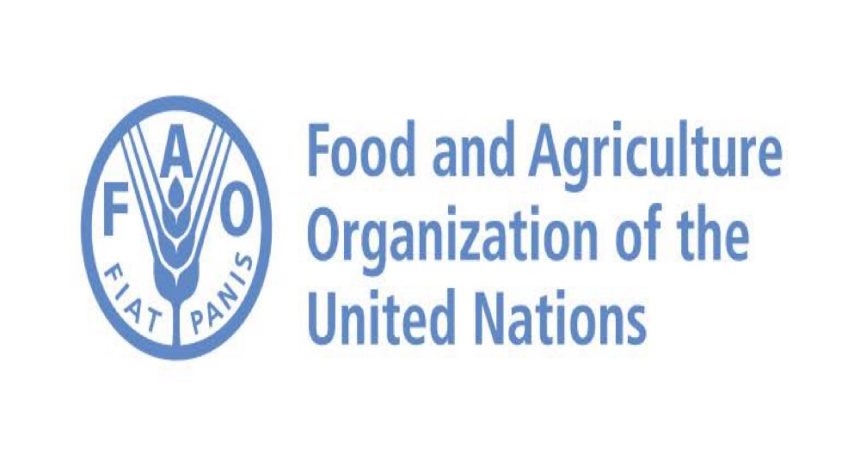The global food import bill is projected to increase by 2.2% to more than $2 trillion in 2024, according to a report by the Food and Agriculture Organization of the United Nations (FAO) released Thursday.
The FAO attributes this rise to higher prices for cocoa, coffee, and tea, along with increased import costs for fruits and vegetables.
Import expenditures on cocoa, coffee, and tea are anticipated to climb by 22.9%, representing over half of the overall increase in value. The FAO reported that cocoa prices earlier this year surged to nearly four times their ten-year average, while coffee prices nearly doubled, and tea prices rose 15% above their usual long-term levels.

The report highlighted the reliance of several countries on these commodities to offset food import costs. For instance, coffee exports in Burundi and Ethiopia cover nearly 40% of their food import bills, while tea accounts for more than half of Sri Lanka’s food bill, and cocoa exports from Côte d’Ivoire exceed the country’s food import expenses.
FAO economists noted that climate change is a significant factor driving the price surge, with weather conditions and logistics issues cited as major contributors to the rise in commodity prices.
In contrast, fertilizer markets are witnessing a notable price decline. The report observed sharp decreases in nitrogen and potassium fertilizer prices, a result of falling natural gas prices. However, phosphate fertilizer prices remain resilient due to ongoing trade barriers.
By September 2024, combined prices for nitrogen, phosphate, and potassium fertilizers had dropped by more than 50% from their April 2022 peak. However, declining trade volumes and potential conflicts in the Near East could disrupt fertilizer supply chains, particularly affecting Latin America and Asia.
FAO economist Maria Antip warned of the risks posed by potential conflicts affecting supply lines, adding that the report explores prospects for producing low-carbon ammonia, essential for nitrogen fertilizers. Transitioning to renewable energy for fertilizer production is feasible but would require targeted incentives to mitigate the higher costs of manufacturing low-carbon fertilizers.



